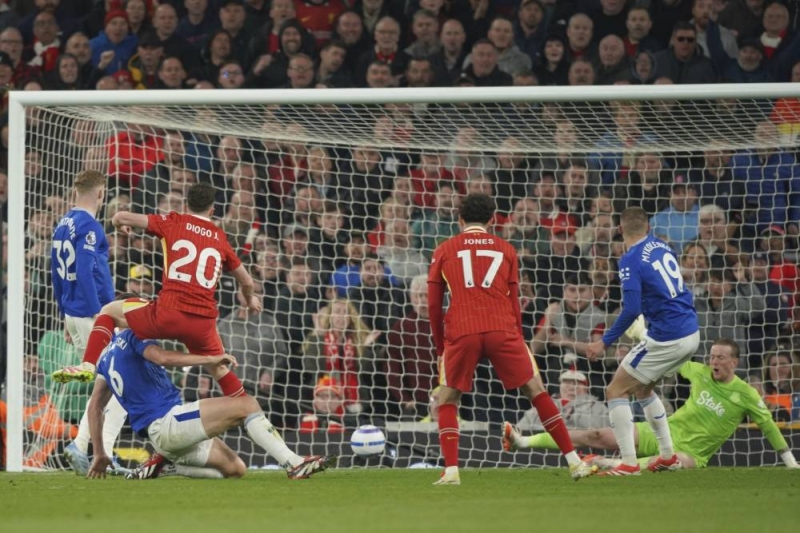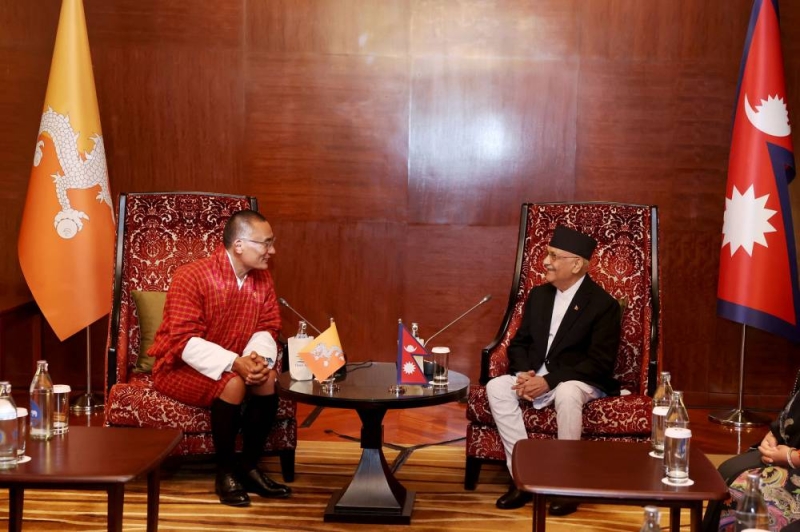EDITORIAL: Deuba�s doles
EDITORIAL: Deuba’s doles
Published: 02:59 am Feb 07, 2018
Deuba’s caretaker government is working in such a manner that it looks like it is in a bid to make it difficult for the new government to function The government on Monday decided to bestow martyr status on personnel from the Nepali Army, Nepal Police, the Armed Police Force and National Investigation Department and those serving in government offices and government schools who were killed during the decade-long insurgency. This will mean those killed in the line of duty during the Maoist war from 1996-2006 are entitled to Rs one million from the state. A few thousand rupees can never be enough for the families that lost their loved ones, but such financial support can certainly be some sort of succour for them. The government has argued that “the decision was taken following complaints that the government had been unjust with those killed during the conflict while serving its agencies, while majority of Maoist cadres killed during war era had already been declared martyrs”. This is not bad. But what is intriguing is the Sher Bahadur Deuba government has been taking some decisions in such a way that they are likely to have profound consequences on the state coffers. While state support to the citizens in need should not be contested, the way the Deuba government has been taking the decision begs the question: Should a caretaker government take such decisions? This is not the first decision by the Deuba government denting the state exchequer. Last month the government revised the criterion for senior citizen allowance, meaning anyone above 65 years of age is eligible to receive elderly allowance. Earlier, the age bar for elderly allowance was fixed at 70, and around 900,000 people were eligible. This revised criterion would mean, according to rough estimates, an additional 500,000 people will come under the elderly allowance net. According to the Central Bureau of Statistics projection, there were 636,431 people in the 65-69 years age group in 2017. The government has fixed Rs 2,000 a month as elderly allowance. Even if only 500,000 people in 65-69 age group is taken into consideration, the government has to set aside Rs 12 billion annually. It cannot be denied that government must fulfil its duty of launching social welfare programmes, for they are designed to protect citizens from the economic risks and insecurities of life. But it is equally important for a government to understand how deep its pockets are. Doling out money in the name of social welfare schemes does not bode well for the country. Only a sustainable social welfare scheme can produce good results in the long run. Decisions, like the ones the Deuba government has been taking of late, hence can be termed nothing but “populist moves”. Instead of facilitating swift transfer of power, Deuba’s caretaker government is working in such a manner that it looks like it is in a bid to make it difficult for the new government to function. Nonetheless, it is also imperative to note that governments in Nepal have often been engaged in populist decisions. Earlier, the CPN-UML government too had faced criticism for its some populist moves. Deuba’s Congress party then used to cry foul. Now, it is the Congress party that is following suit. This is unfortunate. The Deuba government’s decisions may be well-intended but the timing is certainly wrong. Phase-out plan The government has once again decided to phase out public vehicles which are 20 years or older from across the country. The latest decision of the government to remove such vehicles will come into effective from March 15. Such vehicles were banned in the Kathmandu Valley last year. As per the five-year strategic plan, the Cabinet had decided to remove the old public vehicles on March 14, 2016. The Ministry of Physical Infrastructure and Transportation had proposed removing the old public vehicles by March 14, 2018 to curb the level of air pollution. The Department of Transport Management (DoTM) has already banned 2,500 old vehicles from plying the Valley roads. The DoTM has also issued a public notice to scrap the vehicles older than 20 years from all over the country. This is a welcome move. Old public vehicles are one of the major causes of air pollution and; they also are prone to road accidents due to poor maintenance. If the new provision comes into force, 2,500 more old public vehicles will be phased out. The government should also come up with a plan to remove private vehicles that have already crossed the 20-year limit.





